The Role of Cannabis Legalization in Drug Policy Reform
Discover the positive social effects of marijuana legalization. This article reflects on the role of legalizing marijuana in helping to reduce unsavory use. Legalization would help save families, undermine corruption practices and ensure safer cannabis use.
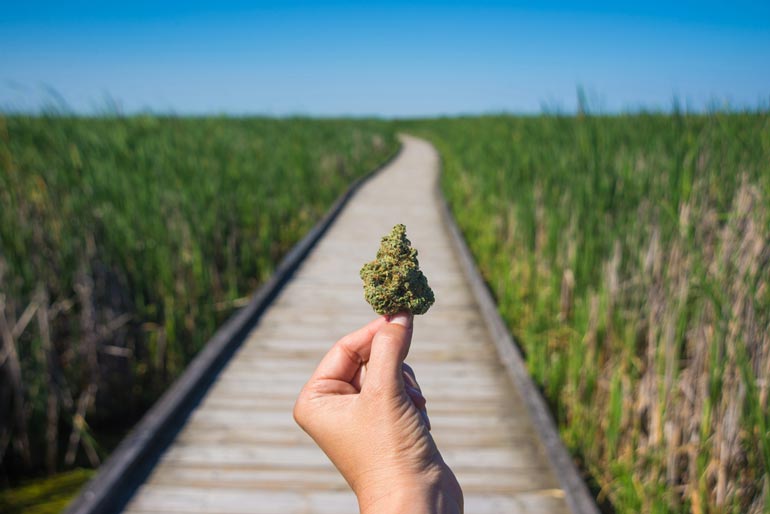
The war on cannabis is nearing its end. After more than 85 years of struggle with its distributors and consumers, the benefits of this herb in the treatment of some medical conditions cannot be denied. Those who were aware of its virtues continued to use it in various forms, and the marijuana subculture continued to flourish, albeit underground.
The United States, which initiated the fight against cannabis in 1937, is gradually beginning to abandon this practice of prohibition. Today, marijuana is fully legalized for the adult population in almost half of the states, and in almost 80% of them, it is accepted for medical use. The U.K. followed the U.S. lead in the 20th century in the fight against cannabis and is now gradually beginning to lift the ban, starting with the approval of its medical use in 2018. Now, the question of its full legalization for recreational purposes is on the agenda, and more and more citizens support the initiative of its approval for adult use. Ahead of this long-awaited event, Hub420, an online cannabis shop in the U.K., reflects on the role of marijuana legalization in reducing the damage from its underground use.
Positive Social Effects of Marijuana Legalization
Permission for the open use of marijuana has many positive aspects, not only economic but also social and even political.
Obtaining Loyalty from Citizens
The paradox in the use of cannabis is that it can help people suffering from various diseases that usually affect senior citizens more than others. Yet, in a culture of prohibition, the most vulnerable in our society are frequently turning to cannabis: youths. This is because the older generations are mostly conservative and do not like to break the law. Young people, on the contrary, are rebellious and more willing to violate the prohibitions established by authorities. This leads to a lot of negative consequences:
A large number of young people are punished for the distribution or possession of marijuana.
They lose loyalty to the authorities and return to society after serving their sentences to broadcast this negative attitude to others.
The legalization of marijuana could solve this issue of suppression and restore loyalty to the government if people who are in prison for petty drug charges have their sentences dismissed.
Saving Families
The legalization of cannabis will end another highly unfavorable practice: the termination of parental rights for those who use marijuana. The collapse of families due to the recreational preferences of parents should never occur because of marijuana use. If a family is torn apart by drug charges, and the parent returns with a negative attitude toward the authorities, that attitude is passed on to children – and the cycle begins anew.
Undermining Corruption
Since accusations related to the distribution or use of marijuana stigmatize people, the accused may sometimes look to bribe officials, judges or police officers. The legalization of marijuana would cut off that source of corruption.
Safer Use of Cannabis
You know where to buy weed in Glasgow with a quality guarantee, but thousands of people do not know this and buy marijuana from unverified suppliers down dark alleys. As a result, they receive a poor-quality product, a weak effect and sometimes even harm to their health. The legalization of marijuana involves rigorous testing and verification of the product before offering it to consumers. In addition, suppliers are required to inform buyers about possible negative consequences. Therefore, the open sale of weed under the control of the state would be able to protect citizens to a greater extent from unscrupulous marijuana dealers.
Drug policy reform in the U.K. is long overdue. The question is why has it been taking so long? Is it corruption in the corridors of power? To close these questions and put an end to the senseless struggle against cannabis, all that remains is to activate political will and pass a law that will be greeted with enthusiasm by millions of people.




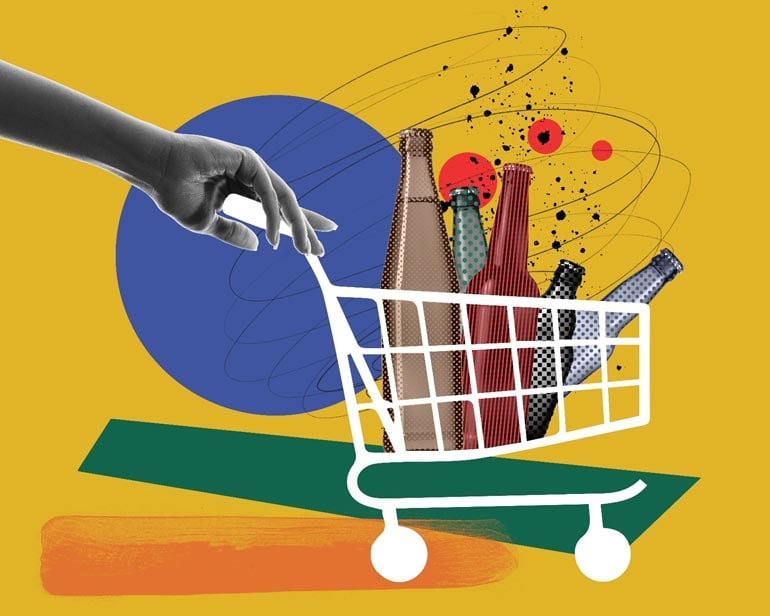


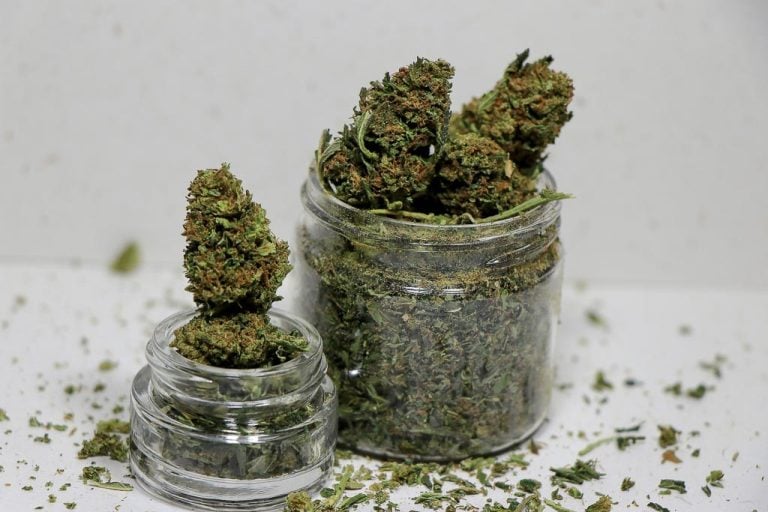
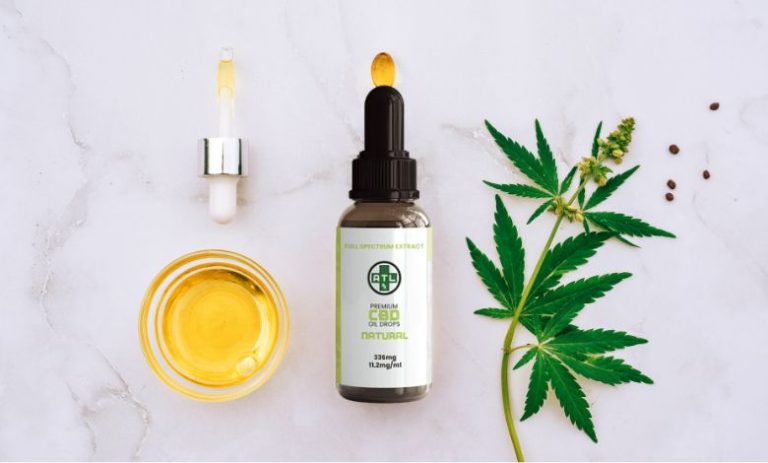
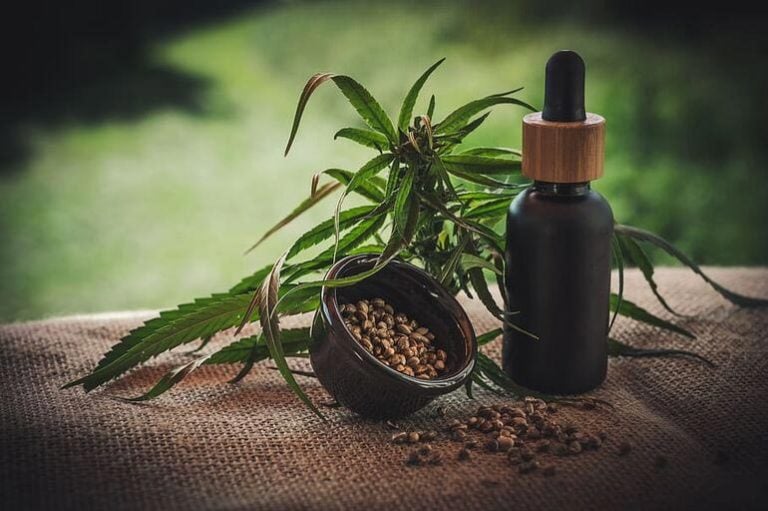
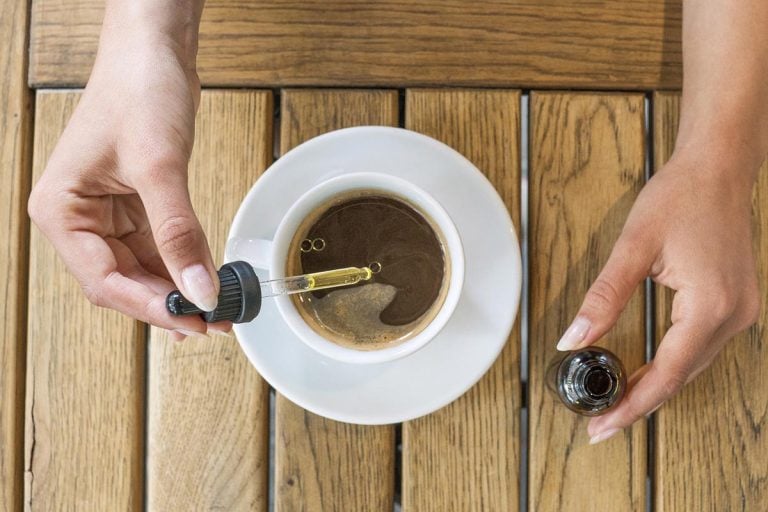
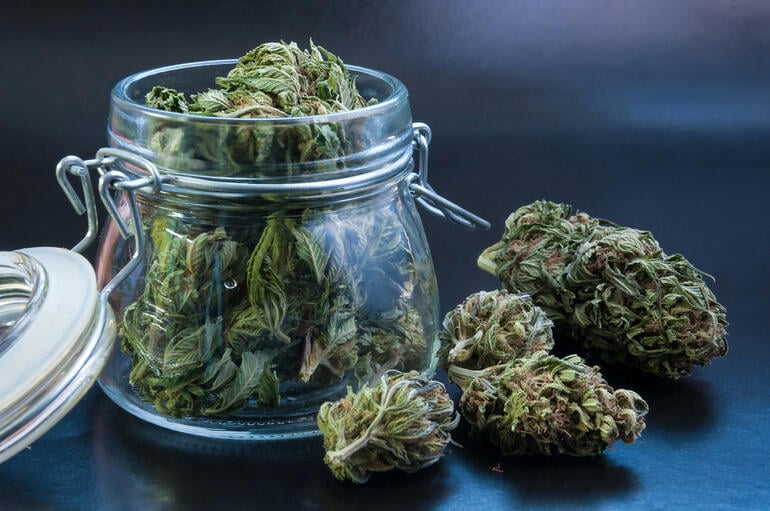
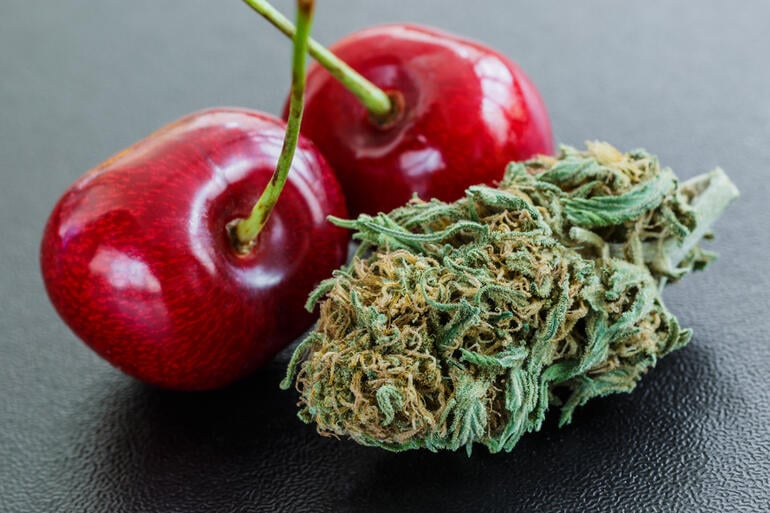

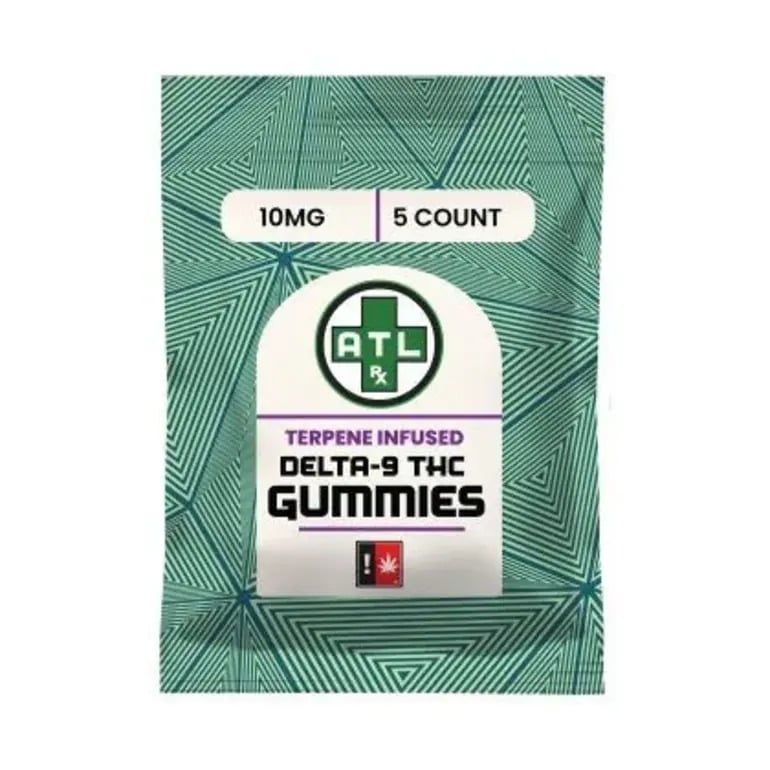
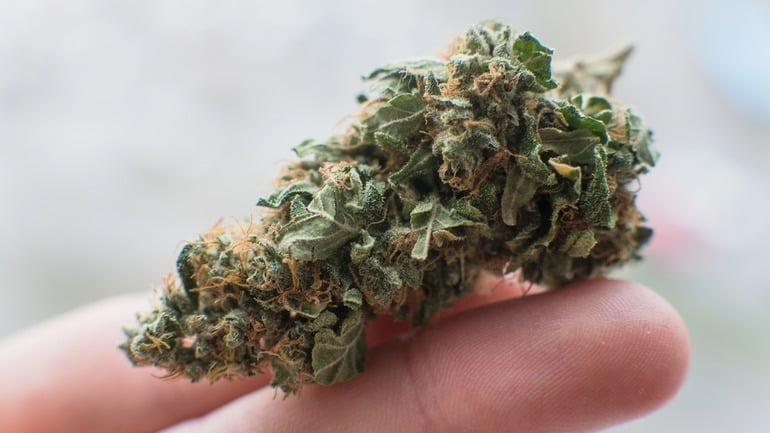
Comments 0
No Readers' Pick yet.